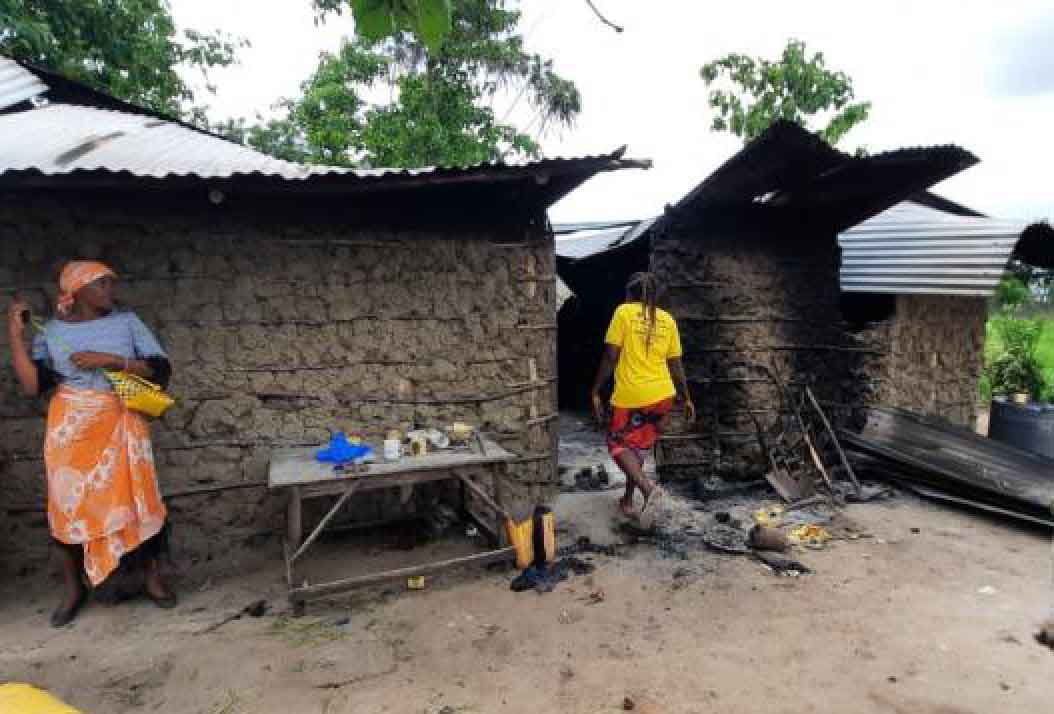×
The Standard e-Paper
Kenya’s Boldest Voice

Some of the burnt houses in Lamu County. [File]
Interior Cabinet Secretary Dr Fred Matiangi has imposed a 30-day night curfew in most parts of Lamu West to facilitate security teams to mop-up illegal firearms.